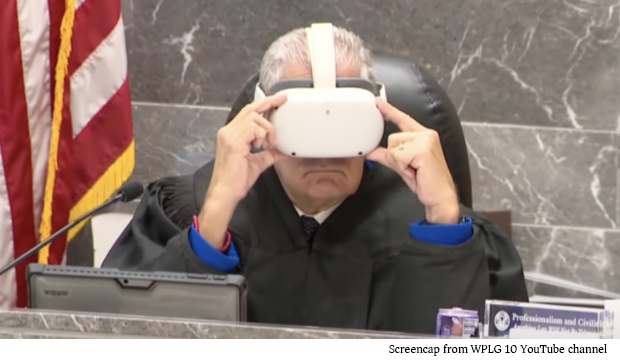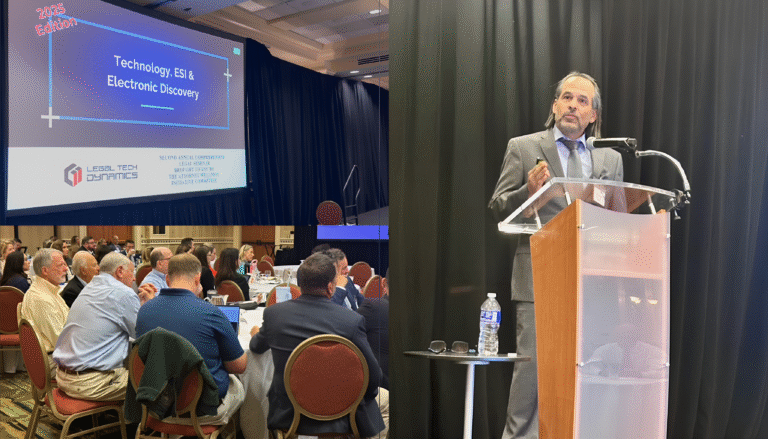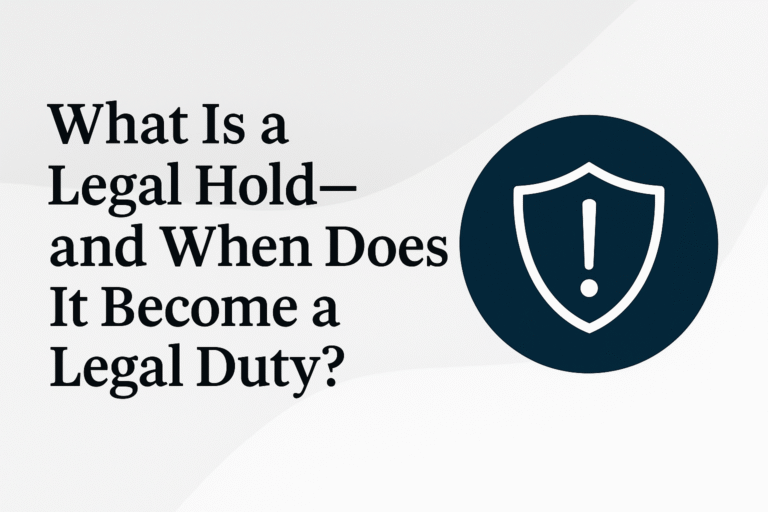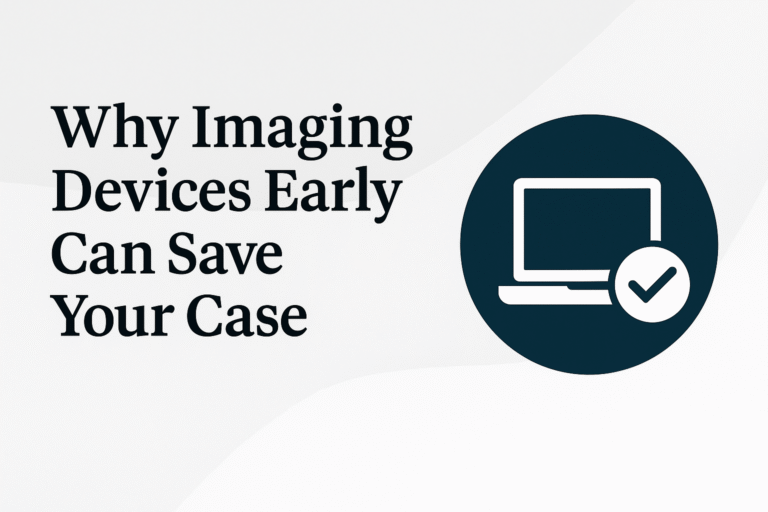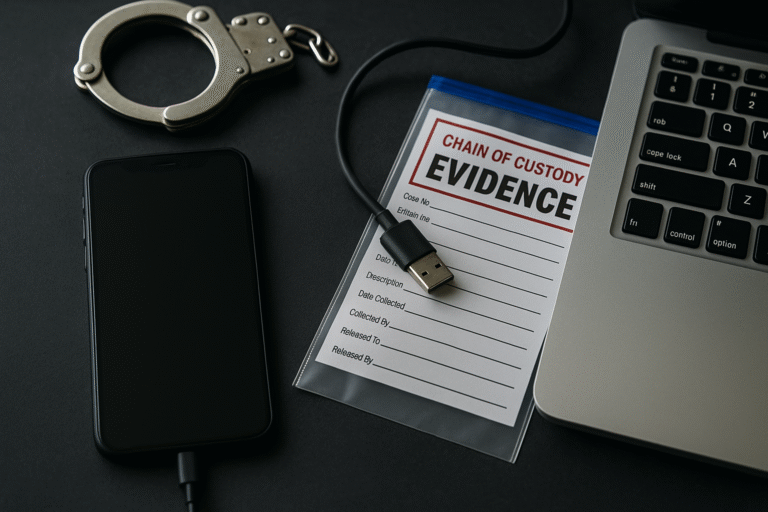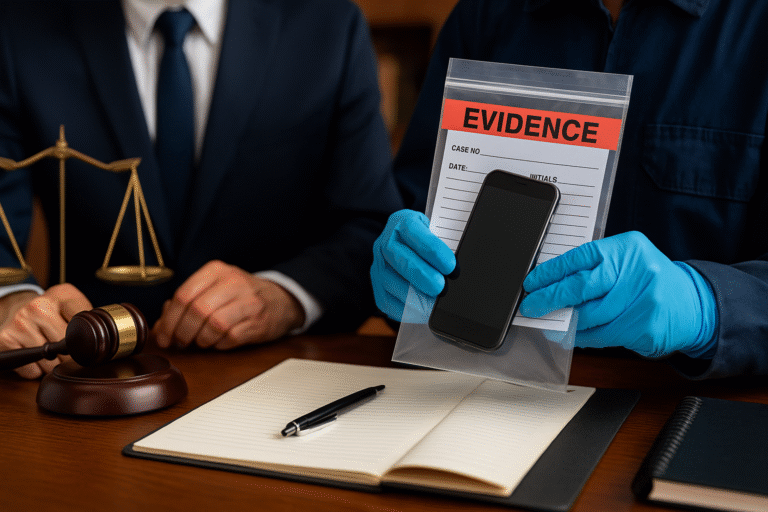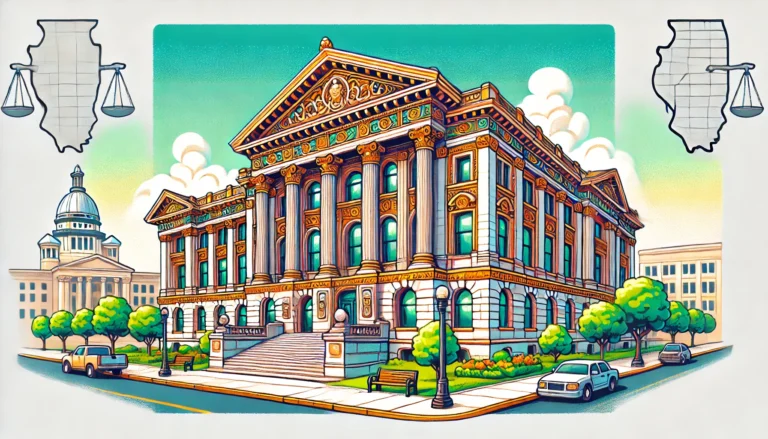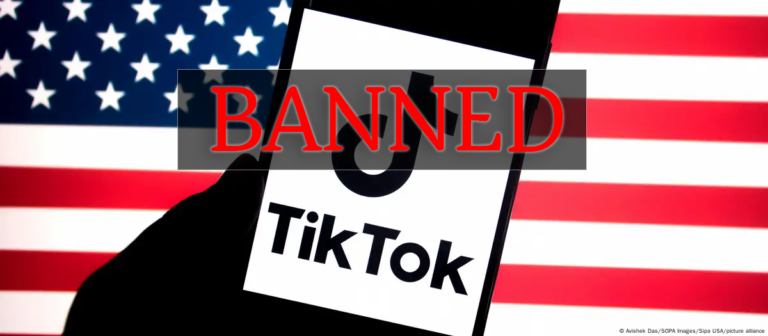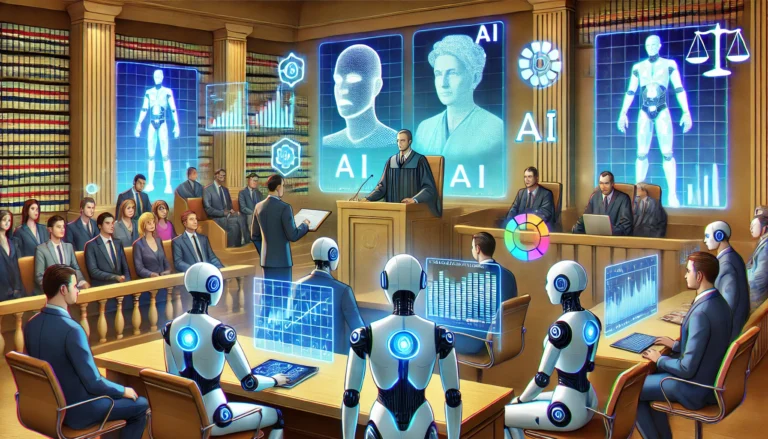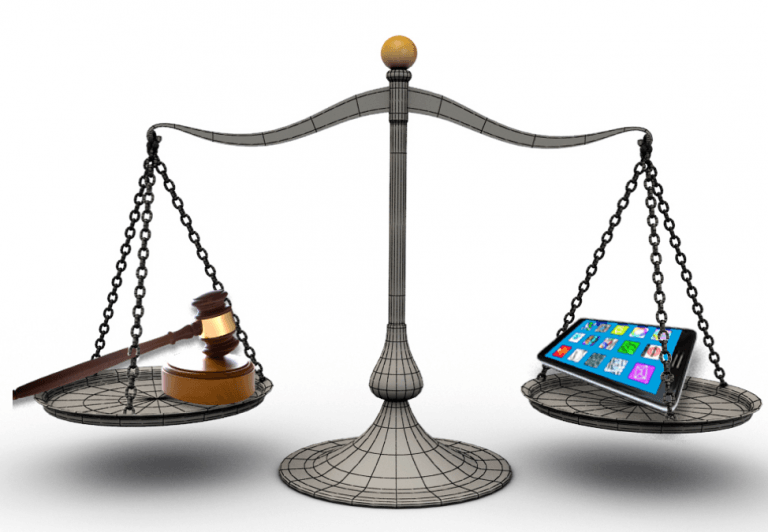By Carlos A. Baradat, Esq. | Legal Tech Dynamics
A New Reality in the Courtroom: VR Technology Meets Florida’s Stand Your Ground Law
As technology continues to advance at breakneck speed, the legal field often grapples with how to integrate these innovations without compromising the integrity and fairness of our judicial system. Recently, a Florida courtroom set a startling new precedent: the use of Virtual Reality (VR) headsets to recreate the perspective of a defendant asserting a self-defense claim under Florida’s Stand Your Ground law. As both a legal professional and a keen observer of emerging legal tech, I find this development both fascinating and fraught with potential pitfalls. Here is what happened, why it matters, and how this might signal seismic shifts in courtroom procedure across the Sunshine State and beyond.
Setting the Stage: VR in a Broward County Courtroom
On December 14, 2024, Broward Circuit Judge Andrew Siegel presided over what may be the first instance in the United States of VR technology being admitted into evidence in a criminal hearing. The case involved defendant Miguel Rodriguez Albisu, who faced nine counts of aggravated assault with a firearm for allegedly brandishing a gun during a late-night wedding reception at his private venue in Southwest Ranches. The defense argued that Albisu was acting in self-defense, confronted by intoxicated wedding guests who, he claimed, posed an imminent threat.
In a highly unusual and unprecedented move, Judge Siegel and all counsel present donned VR headsets to view a 3D simulation of Albisu’s account of the chaotic events. The immersive scene purported to show the defendant’s perspective: an agitated crowd of allegedly drunken partygoers closing in, fueling Albisu’s concern for his safety. According to Albisu’s attorney, Ken Padowitz, this VR demonstration was created to provide the trier of fact with a unique perspective, allowing them to see the events through the defendant’s eyes and evaluate whether Albisu’s perception of danger was reasonable.
Click here for News Channel WPLG Local 10 Video (Must Watch)
The Legal Context: Florida’s Stand Your Ground Law
Florida’s Stand Your Ground law (codified under Florida Statutes § 776.012, § 776.013, and § 776.031, among others) has long been a lightning rod for controversy. Unlike the common law “duty to retreat,” which requires an individual to avoid using lethal force by retreating if safe to do so, Stand Your Ground statutes enable a person to use or threaten to use force if they “reasonably believe” it to be necessary to prevent death or great bodily harm.
A critical aspect of Albisu’s case is the potential to have criminal charges dismissed before trial if a judge determines that his belief in imminent danger was reasonable. In pre-trial immunity hearings, defendants can argue that their actions align with self-defense protections. If Judge Siegel finds the defendant’s VR demonstration to be credible evidence of his subjective fear, the charges could be dismissed entirely before the case reaches a jury.
Why Use VR?
Attempting to Bolster Credibility
When an accused individual claims self-defense, the crux of the matter often revolves around reasonableness: Was the defendant’s perception of imminent harm objectively and subjectively reasonable? Typically, this inquiry involves eyewitness testimony, security footage, and physical evidence from the scene. With VR, the defense hopes to create a more immersive experience, allowing judges (and potentially jurors) to “feel” what the defendant felt. This might help bridge the gap between a defendant’s verbal testimony and the intangible sense of fear or threat.
Potential for Prejudicial Impact
However, as exciting as the idea of “living the defendant’s experience” may seem, this technology also brings significant evidentiary concerns. Even if a VR simulation is based on real data, such as recorded 911 calls, phone videos, witness statements, and measurements of the event space, it still relies on computer-generated graphics, subjective modeling, and potential bias in its design. There is a valid concern that a fact-finder, captivated by the novelty of VR, might give this “show” more weight than the underlying evidence justifies. This balance between probative value and prejudicial effect lies at the heart of most evidentiary disputes, and the use of VR would be no exception.
Challenges in Establishing Admissibility
Authenticity and Reliability
Before any piece of evidence is presented in court, it must be considered reliable and authentic. In other words, it must meet certain minimum standards that ensure its accuracy and trustworthiness. With VR, this would require verifying the source data, such as camera footage, eyewitness accounts, and spatial measurements, as well as the technological process used to transform that data into an immersive simulation. If the VR depiction differs from reality, whether due to an error or deliberate manipulation, it can mislead the court.
Relevance vs. Prejudice
Florida’s Evidence Code, which closely mirrors the Federal Rules of Evidence, allows for the admission of relevant evidence unless its probative value is substantially outweighed by the risk of unfair prejudice or confusion. The immersive and high-impact nature of VR has the potential to evoke strong emotional responses from a judge or jury. Until the reliability of this technology is more firmly established, courts may conclude that traditional evidence, such as standard video footage or in-person testimony, offers sufficient clarity without the heightened risk of emotional bias associated with VR.
Expert Testimony and Cross-Examination
Often, an expert witness must lay the foundation for technology-based demonstrations. Defense counsel might call a computer graphics expert or VR developer to explain how the environment was constructed, what assumptions were made, and how objective those assumptions truly are. The prosecution or opposing counsel in civil cases should then have a meaningful opportunity to cross-examine the methodology, highlight potential biases, or present an alternative VR simulation.
Broader Implications for Florida Law
Encouraging Legislative and Judicial Guidance
The rapid advancements in technology, including artificial intelligence, the Internet of Things, and virtual reality, are undeniable and are already transforming society. How the legal community addresses these changes will shape the practice of law for years to come and lay the foundation for navigating future innovations. While these technologies offer immense potential, they also present challenges that demand careful consideration to ensure fairness, reliability, and consistency in the justice system. To address these challenges, the legal community must engage in proactive and collaborative efforts. Developing new rules, revisiting existing laws, and equipping legal professionals with the knowledge to handle emerging technologies are essential steps. These actions will ensure that innovation complements the pursuit of justice and strengthens the legal system’s ability to adapt to an ever-changing landscape. How we respond today will set the tone for the future of the profession, ensuring that technological progress enhances, rather than undermines, the principles of justice.
Looking Ahead: A Cautious Embrace
As founder of Legal Tech Dynamics, I believe the legal profession has an incredible opportunity to harness new technologies thoughtfully and responsibly. VR holds the promise of revolutionizing how complex legal concepts are presented, making them more accessible and engaging for judges and jurors. When applied with care, this technology can enhance the pursuit of truth, fostering a deeper understanding of the facts in a case.
However, with great potential comes great responsibility. While VR can elevate the clarity and impact of legal presentations, it must be used as a tool for justice, not spectacle. The focus should remain on accuracy and fairness rather than on creating the most cinematic experience. By embracing this technology with a balanced and ethical approach, the legal profession can evolve in ways that strengthen the principles of justice and ensure that innovation serves the truth, not theatrics.
References and Further Reading
Fla. Stat. § 776.012, § 776.013, § 776.031, § 776.032
Daubert v. Merrell Dow Pharmaceuticals, 509 U.S. 579 (1993)
Frye v. United States, 293 F. 1013 (D.C. Cir. 1923)
Vice News: Reporting on VR in Broward County Court (December 2024)
Local10.com: Coverage of Albisu’s Self-Defense Hearing (December 2024)
The Florida Bar Journal: “Virtual Reality and the Courtroom: Emerging Trends in Evidentiary Law” (May 2021)
National Institute of Justice’s resource on courtroom technology trends
Daubert v. Merrell Dow Pharmaceuticals, 509 U.S. 579 (1993)
For speaking engagements, training workshops, or legal tech support, you can reach Mr. Baradat at 239-221-6359.
—
Legal Tech Dynamics: Digital Forensics, Legal Tech Consulting, and eDiscovery Services in Central Florida, South Florida, and Nationwide
At Legal Tech Dynamics, we specialize in digital forensics, eDiscovery, legal tech consulting, law firm technology training, attorney ESI consulting, and litigation consulting. With offices in Naples, FL, and Boca Raton, FL, we proudly serve clients throughout Central and South Florida, as well as nationwide, including major cities such as Fort Lauderdale, Miami, Tampa, Fort Myers, Marco Island, West Palm Beach, and Orlando.
Whether you’re navigating digital evidence analysis, managing litigation holds, responding to requests for production, or seeking guidance on ethical and privacy considerations in eDiscovery, our experienced team is here to help. We deliver tailored solutions to attorneys, law firms, corporate clients, and individuals, ensuring secure digital data, improved legal case management, and successful eDiscovery outcomes.
📞 Call us today at 239-221-6359 to learn how we can support your legal and technical challenges and help you achieve your goals with confidence.


